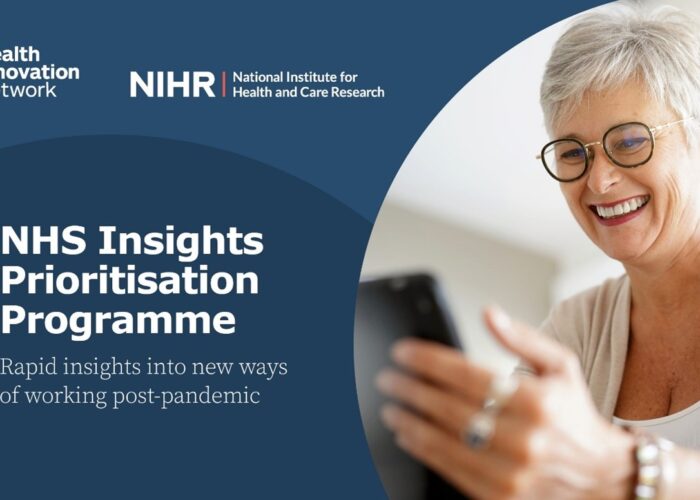A few days ago Jeremy Hunt announced a buddying scheme for NHS hospitals. In this scheme “good” hospitals will get financial incentives to support “failing” hospitals. At this stage, a lot of the detail is still missing including a robust definition of what constitutes a “good” hospital or what form the buddying will take (e.g. proper secondments, consultancy services, one-off workshops etc). One may also ask why a buddying scheme when surely the diffusion of best practice is already a core remit of NICE, the CQC, commissioners, and the emerging Academic Health Science Networks.
Despite the lack of detail and putting cynicism aside, I like the scheme but not because it may help raise the standards of failing hospitals – that may happen eventually depending on the implementation – but because it may make good hospitals even better. Seems counter-intuitive? Well, my hypothesis is that many successful organisations in the NHS have currently a limited systematic understanding of what makes them great.
Let’s take the example of A&E performance. Try and ask the A&E staff in a high performing organisation why their waiting times and admission rates are consistently lower than in another comparable organisation.
I have asked these questions and come across very few instances where staff had a clear description of what lay behind their success or even better had codified their model in a manual that could be shared and adopted elsewhere. And by manual I don’t mean individual policies which of course exist in any respectable organisation, but a systematic and comprehensive description of necessary behaviours, environment standards and detailed care procedures.
Instead, more often than not success relies on a few dedicated people and implicit rather than explicit rules. In that respect, health care in this country is very different from most other safety critical industries (e.g. air travel) or service orientated businesses (e.g. successful hospitality, retail, and food companies). The responses I got when venturing into these comparisons were quite predictable: some management like the notion as it enables better mitigation of risk and scalability of the service; in contrast, clinical colleagues are a lot more cautious citing that “medicine is art enriched by science and can therefore not be standardised” and that “patients want personalised not standardised care”.
That these two views are reconcilable show numerous examples around the world including from well-known brands such as the Mayo Clinic and UCLA CICARE in the US or the Alzira Model in Valencia Spain (if you are trying to improve your front desk, look no further).
Outside healthcare, it is also pretty obvious to me that personalised services are not despite but because of standardised practice. Think of the last time you had an outstanding customer care experience and I bet that the retailor, boutique hotel or restaurant had well defined procedures without you even noticing. A recent example that I saw was the operating manual of a well-known hotel brand that specifies the thickness of the carpet and watts of the light bulbs as well as teaches its staff different types of smiles (standardisation). At the same time, it uses routinely collected customer information to stock the mini bar with clients’ favourite wines, provide their daily local newspaper and proactively offer tickets to their favourite London football team (personalisation). The latter of course works best for loyal customers of which the NHS has many and yet strangely often fails to take even the simplest personal circumstances such as family care arrangements into consideration when preparing for discharge.
I therefore believe that for the buddying scheme to be successful, capturing best practice in a comprehensive, standardised and transferable way is a quintessential prerequisite. In fact, no potential buddy should get any financial benefit unless they can show that they can clearly describe the nature of their success (I’m always surprised that the CQC never asked for such evidence).
There are plenty of examples from other public policy areas where government has tried to scale small successful schemes that work in one place (mostly London) and has failed because these organisations are more leader rather than process dependent. That doesn’t make them less impressive or relevant but the idea that good organisations can simply be cloned is naïve. If the buddying scheme incentivises systematic recording of best practice, it will not only help failing trusts but also make good hospitals more sustainable.



